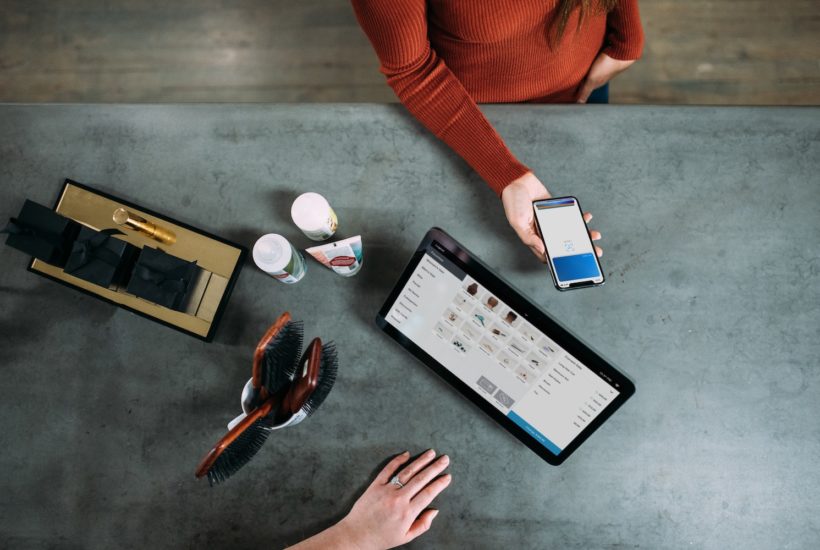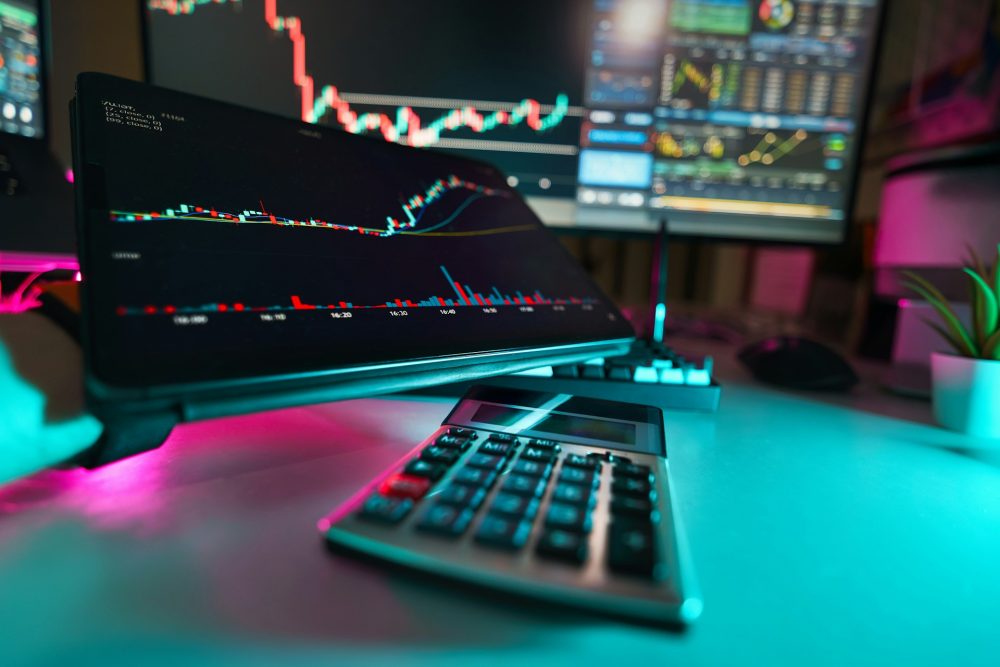Featured
The Nigerian fintech company Migo will facilitate low-income loans in Brazil
The Nigerian fintech company Migo is planning to increase its online lending activity in Brazil. The company was already invited to facilitate low-income loans in the country. Migo plans to make online loans available to companies, credit institutions, and telecom operators for low-income and unbanked populations. The company plans to raise an additional $15 million by the end of the year.

Migo, a Nigerian fintech company, announced that it has received invitations from major retailers to begin activities in Brazil. The company provides loans to low-income people and also to the unbanked population. The company has 1 million clients and has already made about $3 million in loans.
For news about the most interesting fintech companies around the world, take a look at the Born2Invest app, which offers professionally curated business headlines. Prepared by an in-house team of journalists, Born2Invest covers a wide spectrum of topics, such as investing, fintech and others.
Low-income loans with the fintech company Migo
According to the president of Migo, Ekechi Nwokah, invitations have been issued for over a year. “It doesn’t matter if the client has a bank account or not. Our company is ready to serve classes C, D and E,” he said.
On Tuesday, March 3rd, Migo revealed that it had received an investment of $20 million to begin activities in Brazil. The financing round was led by Valor Capital Group and counted with the participation of Africinvest, Cathay Innovation, The Rise Fund, and Velocity Capital.
This fund is focused on innovative businesses in Brazil and has already invested in startups such as Guiabolso, Gympass, and CargoX. With the partnership, the company will bet on small shopkeepers who make purchases in São Paulo but have no access to credits or banks. In addition, interested parties will not have to worry about Pozitive Registration.
How does Migo work?
As it is a fintech company, all work operations offered by Migo are digital – without queues and bureaucracy. The company’s job is to train local companies so that they can offer credit. This is done through a system integrated with the partner’s application or website. As for the loan service, users can make loan applications through the startup platform itself.
It is also possible to request the resource directly with the partner company. Initially, the interested party must register a telephone number in order to access the offers. Then you must enter your bank details to receive the money, which is released in a few minutes. Payment can be made online or through ATMs of partner banks.
Migo’s main focus is to develop the banks’ traditional infrastructure
The company is focused on increasing the traditional infrastructure of banks and cards. This is done, so that more and more people have access to credit lines, without the need for point of sale hardware or plastic cards.
“Migo is using the data of the partner establishment itself and determines the credit line. Instead of using a card for the transaction, the company is using, for example, this retailer’s application. If Migo approves, then the amount from the bank that lends the money is moved directly to the merchant’s account at that or another bank. Migo can’t offer $2,000 (BRL 10,000) in credit, but can offer $100 (BRL 500),” said Ekechi.
More information about the Migo fintech company
Founded in 2013 in Nigeria, the fintech company Migo, formerly Mines.io, has its own platform that operates in the cloud. The system allows banks and companies to offer credit to their customers in a practical and fully digital way.
“The challenge of global social inequality is driven by the lack of access to credit. If you look at the middle class in developed countries, it is largely based on access to credit,” said Nwokah.
__
(Featured image by Mayron Oliveira via Unsplash)
DISCLAIMER: This article was written by a third party contributor and does not reflect the opinion of Born2Invest, its management, staff or its associates. Please review our disclaimer for more information.
This article may include forward-looking statements. These forward-looking statements generally are identified by the words “believe,” “project,” “estimate,” “become,” “plan,” “will,” and similar expressions. These forward-looking statements involve known and unknown risks as well as uncertainties, including those discussed in the following cautionary statements and elsewhere in this article and on this site. Although the Company may believe that its expectations are based on reasonable assumptions, the actual results that the Company may achieve may differ materially from any forward-looking statements, which reflect the opinions of the management of the Company only as of the date hereof. Additionally, please make sure to read these important disclosures.
First published in EDITAL CONCURSOS BRASIL, a third-party contributor translated and adapted the article from the original. In case of discrepancy, the original will prevail.
Although we made reasonable efforts to provide accurate translations, some parts may be incorrect. Born2Invest assumes no responsibility for errors, omissions or ambiguities in the translations provided on this website. Any person or entity relying on translated content does so at their own risk. Born2Invest is not responsible for losses caused by such reliance on the accuracy or reliability of translated information. If you wish to report an error or inaccuracy in the translation, we encourage you to contact us.

-

 Crowdfunding1 week ago
Crowdfunding1 week agoPMG Empowers Italian SMEs with Performance Marketing and Investor-Friendly Crowdfunding
-

 Markets5 days ago
Markets5 days agoMarkets Wobble After Highs as Tariffs Rise and Commodities Soar
-

 Markets2 weeks ago
Markets2 weeks agoThe Big Beautiful Bill: Market Highs Mask Debt and Divergence
-

 Africa2 days ago
Africa2 days agoORA Technologies Secures $7.5M from Local Investors, Boosting Morocco’s Tech Independence

























